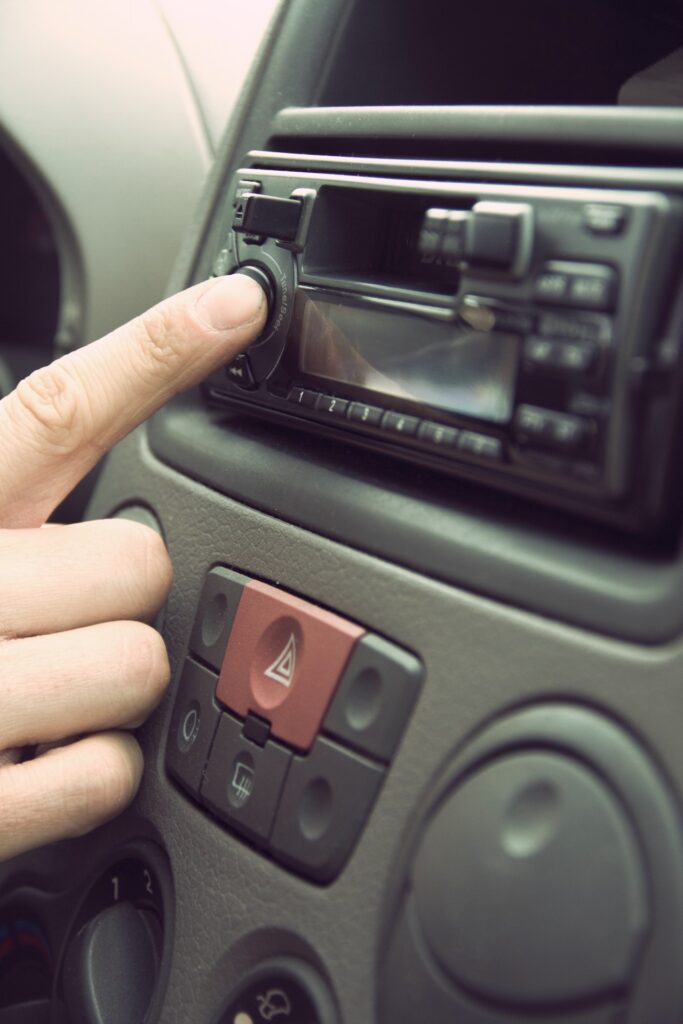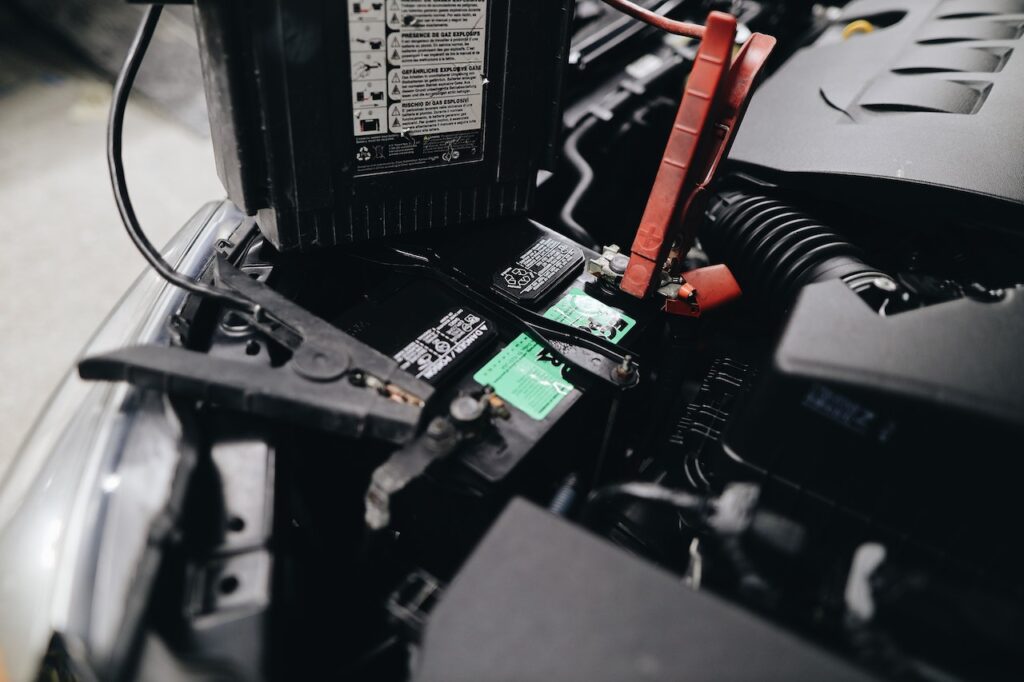Your car’s battery may be hidden beneath the hood, but it’s the unsung hero of every journey. It powers up your engine and all the vital electrical systems, ensuring your vehicle starts when you need it. But what happens when it starts to weaken? Recognizing the signs of a failing car battery is essential for every car owner. In this guide, we’ll walk you through the symptoms, tests, and measures to take to keep you from getting stranded.
The Vital Role of Your Car Battery
Your car battery isn’t just responsible for starting your engine; it’s an electrical workhorse. It provides the initial energy needed to crank the engine, kickstarting the combustion process. Beyond this critical role, it continues to power your vehicle’s lights, radio, air conditioning, and various accessories. Additionally, it acts as a voltage stabilizer, protecting your engine from harmful voltage spikes. Even when your car is parked, it ensures essential functions like headlights and safety features remain operational.
The Silent Troublemakers
While a flat battery is the most apparent issue, several other problems can signal battery trouble. Leaving accessories on when your engine is off can swiftly drain the battery. Neglecting maintenance can lead to corrosion, sulfation, or even physical damage to the battery, resulting in short circuits. Age, too, plays a role in your battery’s health. However, be cautious about overcharging; it generates excessive heat, potentially reducing the battery’s lifespan and capacity.

Recognizing a Failing Battery
Symptoms of Battery Trouble
Here are the telltale signs that your car battery may be on its last legs:
- Slow Engine Crank: If your engine cranks slowly when you turn the key, your battery might be struggling to deliver sufficient power.
- Dimming Headlights: Dim or flickering headlights, especially when idling or at low speeds, indicate a weakening battery.
- Electrical Issues: Unexplained electrical problems like malfunctioning power windows or erratic dashboard lights can be battery-related.
- Delayed Start: A noticeable delay between turning the key and the engine starting suggests a battery in decline.
- Warning Lights: If your battery-shaped warning light on the dashboard stays lit, it’s time to investigate your battery’s health.
- Corrosion and Sulfation: Check the battery terminals for white, powdery deposits (corrosion) or hardened crystalline substances (sulfation). These indicate battery issues.
Testing Your Battery
Diagnosing Battery Health
Two common tests can help determine your battery’s condition:
- Voltage Test: Use a multimeter to measure your battery’s voltage. A healthy battery typically reads around 12.6 volts. Anything significantly lower may indicate trouble.
- Load Test: Conducted by professionals, this test assesses your battery’s performance under load. If it can’t maintain an adequate voltage under load, it’s time for a replacement.

ScrapMyCar.net’s Role
At scrap my car, we understand the importance of responsible car ownership. While our core service revolves around vehicle scrapping, we emphasize the significance of keeping your car in excellent condition. A well-maintained vehicle not only ensures your safety and comfort but also contributes to a greener environment by extending your car’s life. So, while we’re here to assist with car scrapping, we encourage you to stay proactive in maintaining your vehicle.
In Conclusion: Stay Road-Ready
Your car’s battery may not seek the limelight, but it plays a pivotal role in your daily commute. Knowing how to spot a failing battery and taking timely action can save you from the inconvenience of getting stranded. Keep these warning signs in mind, and remember, a well-maintained battery ensures a smoother ride.
